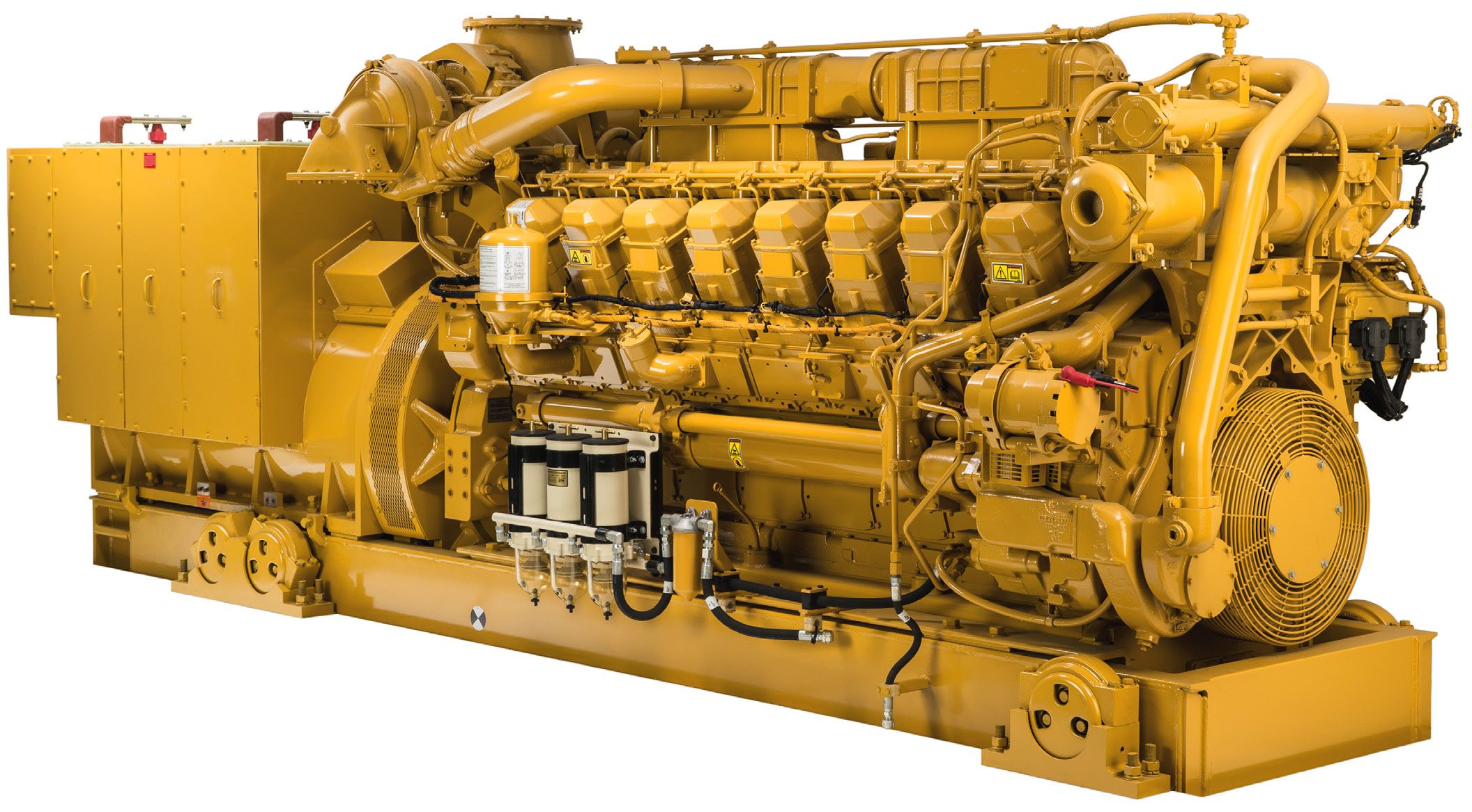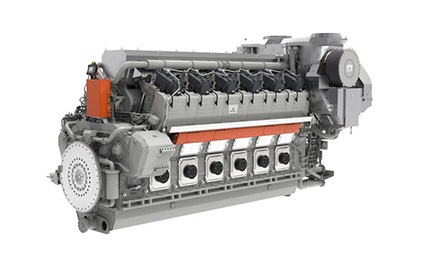The Effect of Innovative Engine Technologies on Energy Performance and Environmental Sustainability
In the world of transportation and industrial equipment, the continual quest for boosted energy efficiency and minimized ecological impact has led to significant improvements in engine modern technologies. From the progressive shift towards hybrid and electrical systems to the assimilation of turbocharging for improved effectiveness, the landscape of engines is evolving swiftly. The use of different fuels better expands the alternatives available for lasting power resources. These developments not just promise a greener future however additionally hold the prospective to change the means we approach energy consumption and environmental sustainability.
Evolution of Engine Technologies
The development of engine technologies over the decades has been marked by continuous innovation and improvement in pursuit of enhanced efficiency and performance. From the early days of interior burning engines to the innovative crossbreed and electric powertrains of today, the evolution of engine innovations has actually been driven by an unrelenting mission for enhanced fuel effectiveness and reduced exhausts.
One substantial landmark in this evolution was the growth of turbocharging and straight shot systems, which significantly increased engine power result while enhancing fuel efficiency. These technologies permitted smaller, extra light-weight engines that could provide the performance of bigger ones without endangering on efficiency.
Additionally, improvements in products scientific research have actually led to the extensive adoption of light-weight products such as aluminum and carbon fiber in engine building and construction. This has not just minimized general lorry weight however has actually likewise improved engine efficiency by lessening energy losses connected with inertia and rubbing.
Benefits of Electric and Crossbreed Systems
With the expanding concentrate on sustainability and energy effectiveness, what advantages do electric and hybrid systems provide in the realm of engine technologies? Electric and hybrid systems present many benefits that contribute to a more sustainable and energy-efficient future. Among the main advantages is the significant decrease in greenhouse gas emissions compared to conventional inner combustion engines. Electric automobiles produce zero tailpipe discharges, resulting in boosted air high quality and reduced environmental impact. In addition, hybrid and electric systems are extra energy-efficient, transforming a greater portion of kept energy into propulsion compared to conventional engines. This performance causes reduced energy intake and operating costs over the vehicle's life time. Electrical lorries use regenerative stopping systems that keep and record power typically lost throughout braking, additionally enhancing power performance (engines for africa). Crossbreed systems incorporate the advantages of electric propulsion with the versatility of a combustion engine, supplying prolonged decreasing and driving arrays range anxiousness for customers transitioning to electrical cars. In general, electric and hybrid systems play a crucial role beforehand energy performance and environmental sustainability in the transport industry.
Turbocharging for Improved Performance
Cutting-edge engine innovations like electrical and hybrid systems have led the method for developments in lorry effectiveness, with turbocharging becoming an essential technique for improving overall performance and sustainability. Turbocharging works by using a turbine to Discover More require more air into the burning chamber, permitting better fuel burning and increased power output without a substantial increase in engine dimension. This process, known as forced induction, allows smaller sized, more fuel-efficient engines to produce power degrees comparable to bigger ones. By making the most of the effectiveness of the combustion procedure, turbocharged engines can accomplish better fuel economy and lowered emissions, adding to ecological sustainability. Furthermore, turbocharging Related Site improves engine responsiveness, supplying chauffeurs with a much more dynamic driving experience. The widespread adoption of turbocharged engines in both gas and diesel lorries shows their performance in balancing efficiency, efficiency, and ecological influence. As automobile manufacturers remain to fine-tune turbocharging modern technology, its duty in advertising power efficiency and sustainability in the transport market is expected to grow better.
Utilizing Alternative Gas
Harnessing different gas presents an appealing opportunity for reducing carbon emissions and diversifying the power sources utilized in transportation. As the world makes every effort to deal with climate change and lower dependence on nonrenewable fuel sources, alternative gas have actually obtained considerable attention for their potential ecological and economic benefits.
Biofuels, such as ethanol and biodiesel, are obtained from renewable resources like algae, sugarcane, and corn, providing a cleaner burning choice to standard fuel and diesel. These gas can be mixed with existing petroleum gas or utilized in committed engines, giving a pathway to lower greenhouse gas discharges and enhance air quality.
Additionally, hydrogen gas cells have arised as a promising technology for zero-emission transportation. engines for africa. By transforming hydrogen gas into electrical energy to power electrical motors, gas cell cars generate just water vapor as a byproduct, getting rid of unsafe tailpipe exhausts entirely
Along with decreasing carbon discharges, alternative fuels can likewise enhance power protection by branching out the fuel mix and decreasing reliance on imported oil. Welcoming alternate fuels in transport is an essential action in the direction of accomplishing an extra environmentally friendly and lasting future.

Ecological Benefits and Future Leads
The environmental advantages of alternate gas and their potential for lasting sustainability are essential considerations in the shift towards cleaner energy sources. Alternate fuels, such as biofuels, hydrogen, and electrical power, offer substantial environmental advantages compared to standard nonrenewable fuel sources. These fuels generate lower levels of greenhouse check these guys out gas emissions, reducing air pollution and mitigating climate change impacts. In addition, alternate fuels can help diversify power sources, boosting power security and reducing reliance on finite sources.
The future leads for different gas in the transport industry are appealing. Improvements in innovation remain to boost the efficiency and price of different fuel cars, making them extra obtainable to consumers. Federal governments around the globe are additionally applying policies to incentivize the fostering of alternate fuels, further driving their growth. As r & d initiatives broaden, the capacity for even greener and extra sustainable fuel options enhances, leading the way for a cleaner and extra eco-friendly transport market. By welcoming cutting-edge technologies and alternate fuels, the course in the direction of a much more sustainable future becomes significantly achievable.

Final Thought
In verdict, cutting-edge engine modern technologies have played a vital function in enhancing energy efficiency and promoting ecological sustainability. The evolution of engine innovations, fostering of hybrid and electrical systems, application of turbocharging, and exploration of alternative gas have all added to reducing emissions and boosting effectiveness.
In the world of transportation and commercial equipment, the continual quest for improved energy performance and reduced environmental effect has led to substantial improvements in engine modern technologies. Turbocharging works by making use of a turbine to require even more air right into the combustion chamber, permitting for much better fuel combustion and enhanced power result without a significant boost in engine dimension. By taking full advantage of the effectiveness of the combustion procedure, turbocharged engines can attain better gas economic situation and lowered exhausts, contributing to ecological sustainability. Alternative gas, such as biofuels, hydrogen, and electrical energy, deal considerable ecological benefits contrasted to conventional fossil gas. The advancement of engine technologies, adoption of hybrid and electric systems, use of turbocharging, and exploration of different fuels have all added to boosting and reducing discharges efficiency.